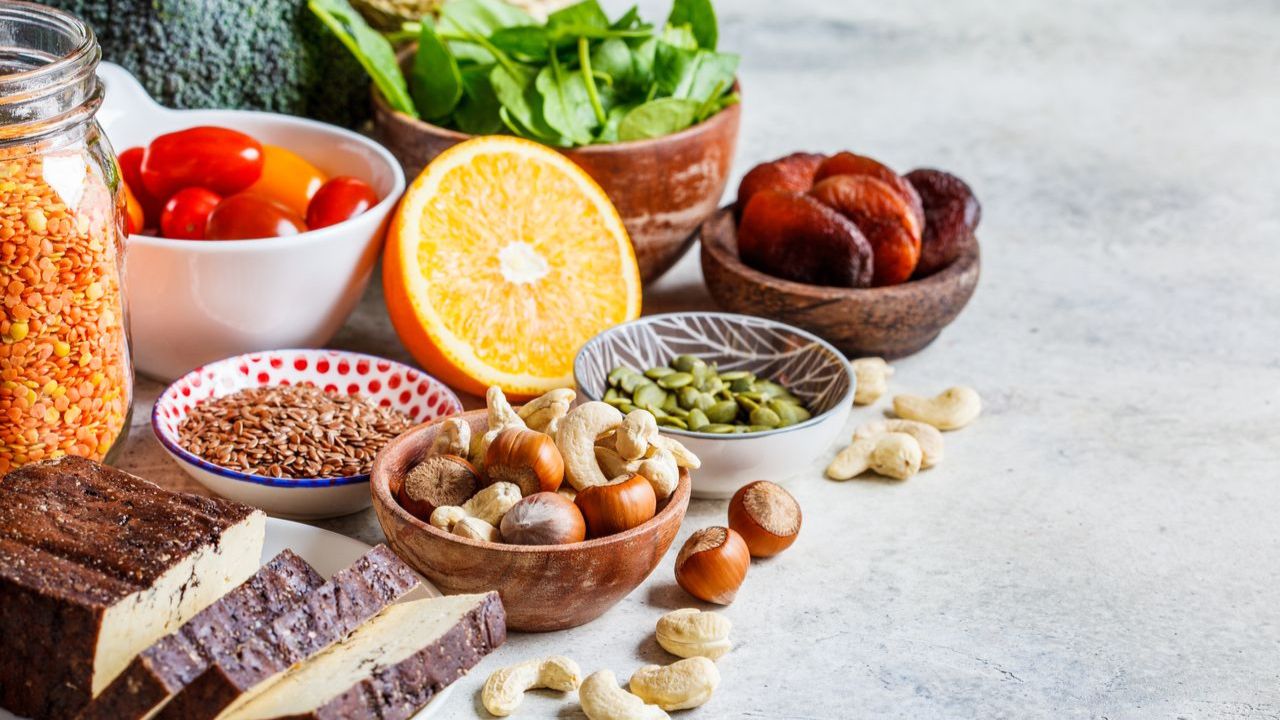With fewer daylight hours, extreme cold, and a desire to be cuddled up in bed, winter can make you drowsy. You may need to add the correct foods to your winter diet to boost your energy levels if you are prone to the winter blues, feel short on energy, or experience mood changes. Additionally, rather of always drinking tea and coffee to be warm, you should include foods that actually warm you from the inside. In addition to dehydrating you, drinking too much caffeinated liquids like tea and coffee while drinking less water can also cause constipation and dry skin.
Winter is the time to stay away from processed, refined foods, sweets, high-fat foods like butter and cheese, and deep-fried dishes.
Maintaining healthy eating routines can help you beat the wintertime blues in the following ways:
Select wholesome complex carbohydrates.
Consuming complex carbohydrates raises the body’s serotonin levels. As a result, aim to consume complex carbohydrates such as whole grains like oats, broken wheat, red rice, brown rice, quinoa, and whole wheat bread as well as millets like ragi, jowar, bajra, and kodo.
Steer clear of processed and simple carbohydrates.
It’s important to consume as little sugar, sweetened beverages, desserts, chocolates, and refined foods as possible. Examples include maida, white bread, white rice cakes, cookies, pizza bases, hamburger buns, momos, and samosa.
Consume inflammatory-reducing foods.
Foods with anti-inflammatory characteristics are crucial to eat during the winter because they can stave off diseases like the common cold, cough, flu, and viral infections that affect many people, especially children.
Vitamin D
Serotonin levels are kept stable, and depression brought on by the winter blues is prevented. The best sources of vitamin D include daily exposure to sunlight for 15 to 20 minutes and the consumption of fortified cereals, eggs, and milk.
The fatty acids omega-3
It is quite healthy, especially in the winter. In addition to offering protection from sickness and inflammation, it aids in overcoming the winter blues. Some of its sources are salmon, sardines, anchovies, eggs supplemented with DHA, avocado, flax seeds, chia seeds, and walnuts.
Vitamin C
Vitamin C aids in boosting immunity, which helps to ward off viral illnesses. Its sources include sweet lime, lemon, orange, kiwi, guava, amla, strawberries, and tomatoes, among others.
Zinc
A zinc shortage can cause the flu, colds, and other viral illnesses that are common in children. Zinc is an essential part of WBC that aids in the fight against infections. Meat and meat products, pumpkin seeds, beans, and fortified cereals are some of its sources.

 हिंदी
हिंदी






